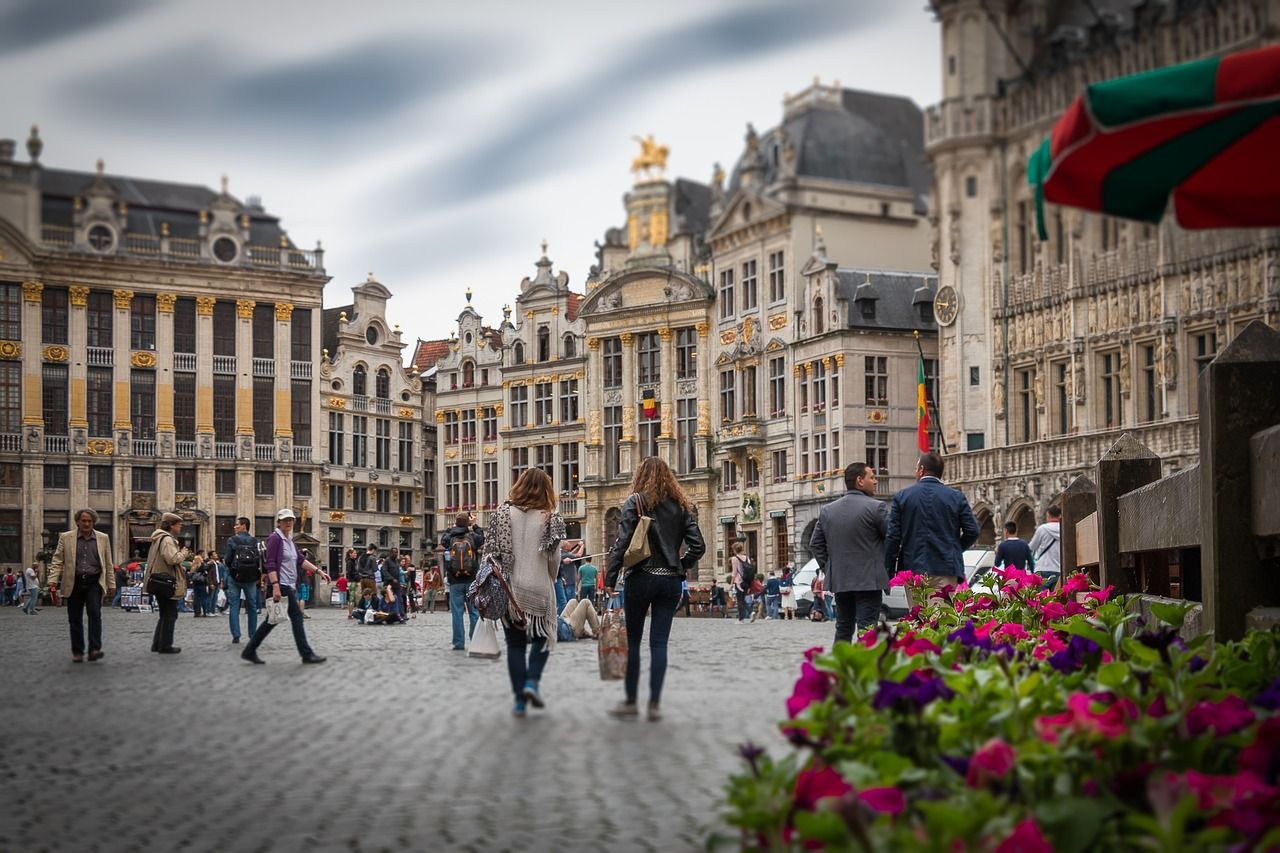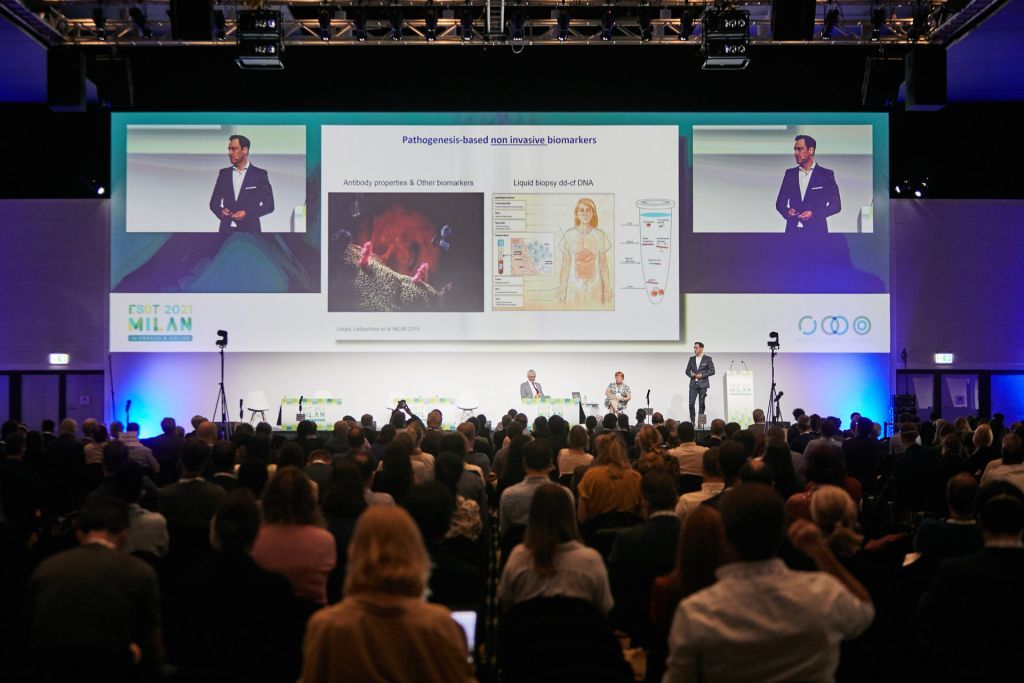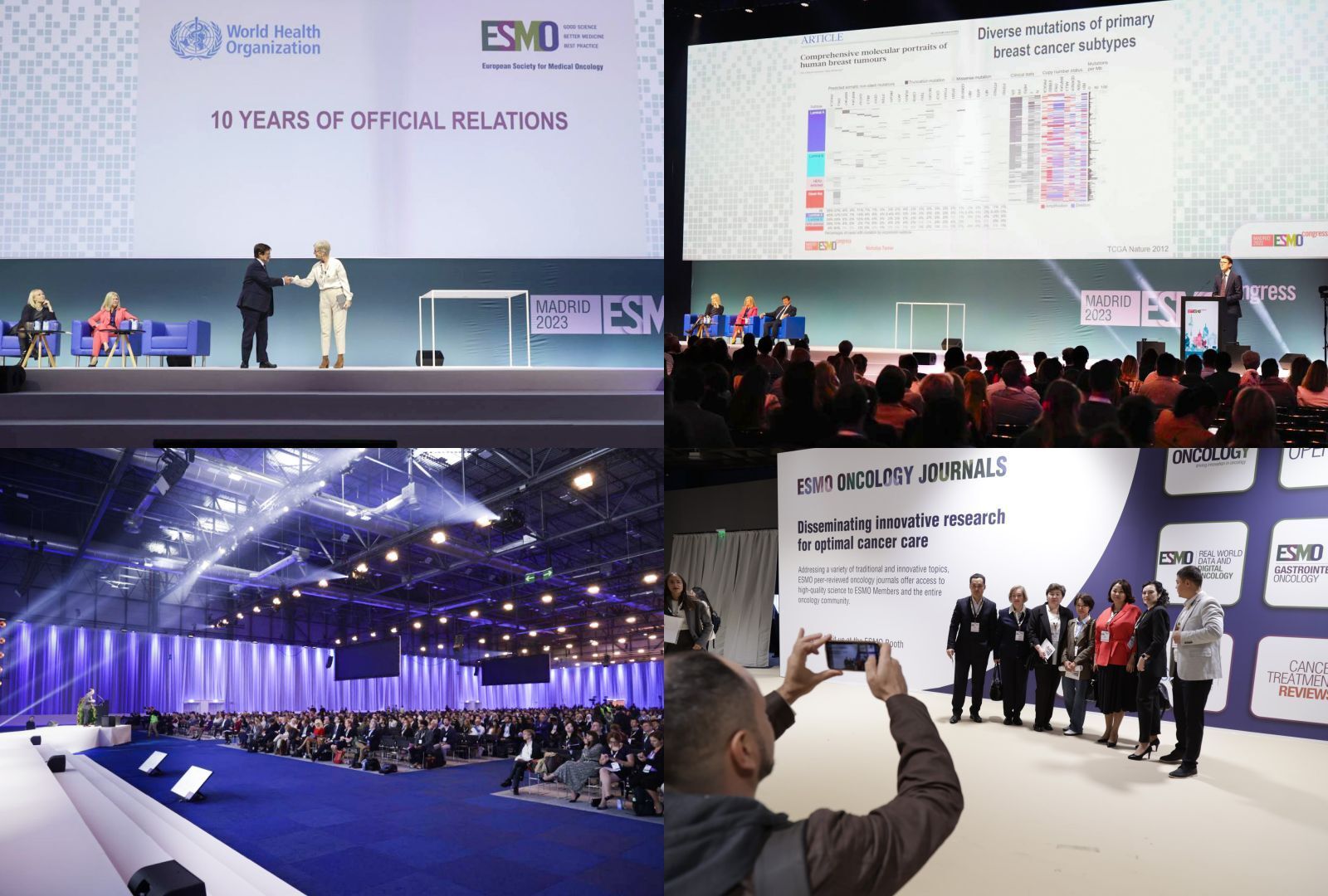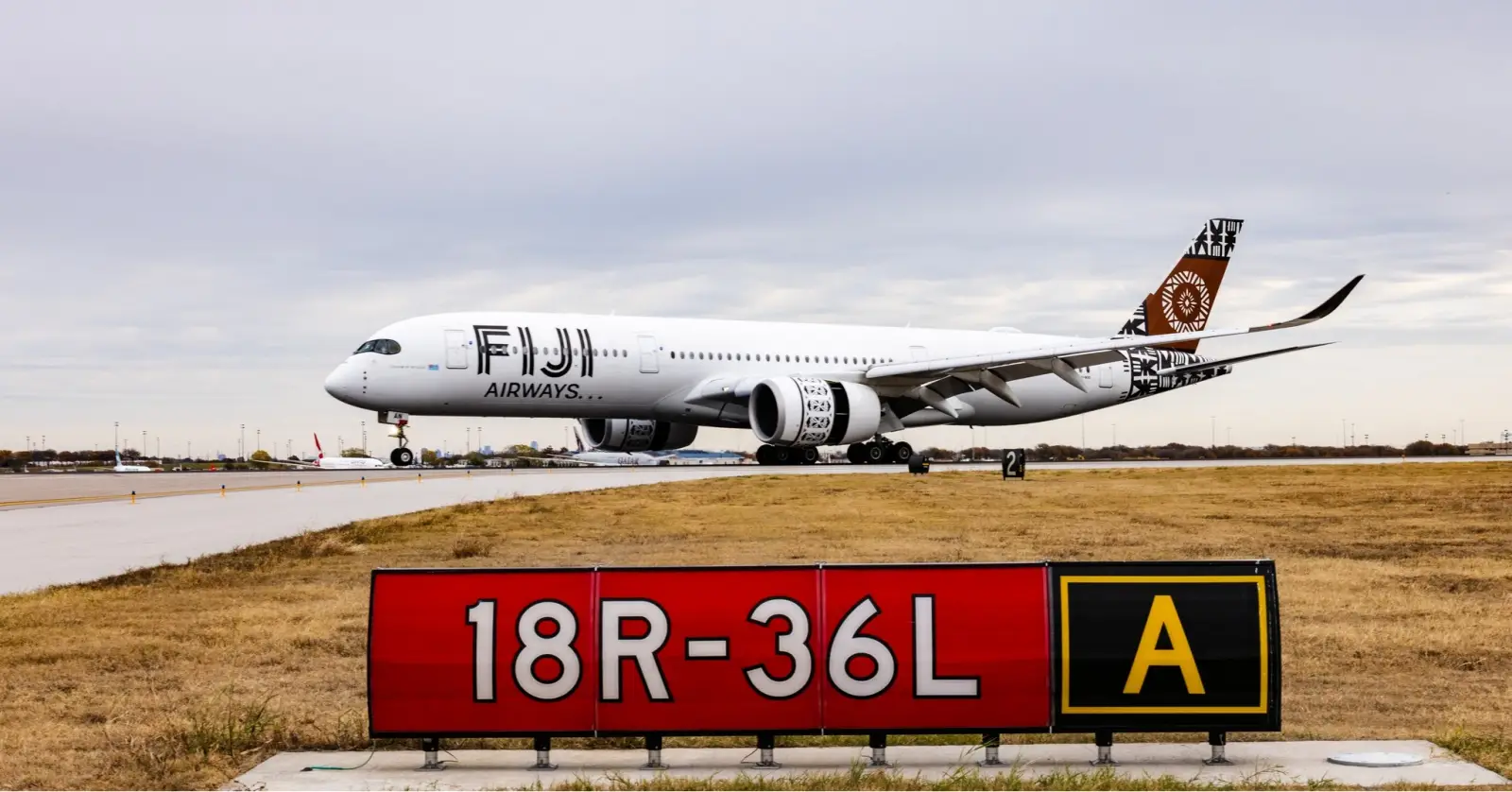With the return of overseas residents to their home countries, the congestion at border crossings in Edirne has come to an end. This situation has led to an increase in the number of Bulgarian tourists visiting Edirne for day trips.
According to the data from the Thrace Customs and Foreign Trade Regional Directorate, since the weekend, 32,412 Bulgarian citizens have entered Edirne through the Kapıkule Border Gate. Officials stated that the total number of visitors coming for shopping purposes, including Pazarkule and İpsala Border Gates, exceeds 40,000.
Kemal Cingöz, the President of Edirne Chambers of Craftsmen, stated that Bulgarian tourists have made a significant contribution to the city. He emphasized that now, with the end of the peak season for overseas residents, Bulgarian citizens are starting to come to Edirne for shopping. Their arrival benefits not only the local economy but also the country’s economy. Cingöz advised the local traders to raise prices reasonably without engaging in opportunistic practices and reminded them to appreciate the value of this customer influx.
Cingöz further mentioned that in the past, Turks used to visit Bulgaria, but due to the impact of the exchange rate, Bulgarians now prefer to come to Turkey. He noted that Bulgarian tourists account for around 80% of the sweets consumed in Edirne. Additionally, they purchase most of the cosmetic products available. They buy everything, leaving almost nothing behind. Moreover, they spend around 1,000 to 1,500 leva per day. Although there are no precise statistics, this is what we hear. The difference in exchange rates is also a significant reason for their preference. Previously, we used to go to Bulgaria for shopping,” Cingöz explained.
Cingöz highlighted that Edirne remains the first choice for Bulgarian and Greek tourists and stressed the importance of retaining Bulgarian customers. He urged local craftsmen to act reasonably, particularly when it comes to pricing, avoiding excessive inflation.
Berat Kaplan, who operates a confectionery shop in Edirne, stated that their business has improved significantly, especially with the concentration of Bulgarian and Greek tourists. Kaplan commented, “Our business is doing well. With the departure of overseas residents and the decrease in congestion at the border gates, Greek and Bulgarian customers have started to come. Without them, we cannot sustain our business. Approximately 70-80% of our customers are Bulgarian and Greek tourists. Bulgarians, especially, buy a lot of baklava, and Greek customers prefer phyllo pastry-based products. We can say that our busiest season has begun.” (Sozcu)













